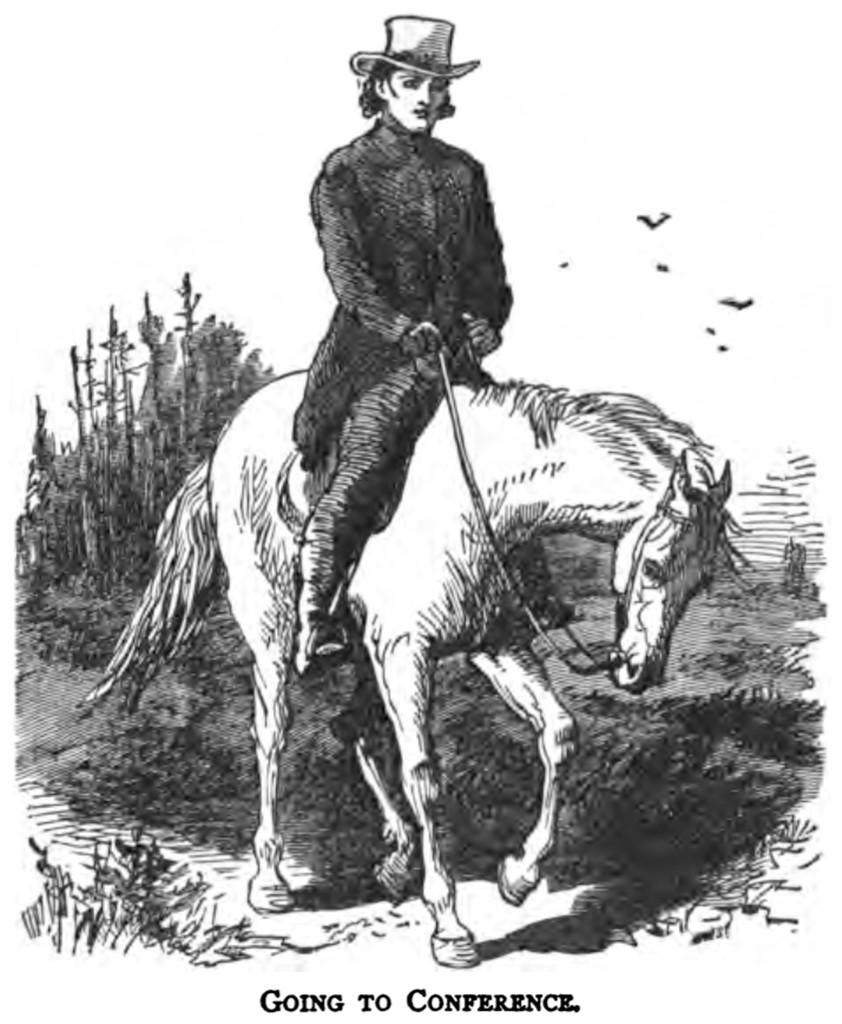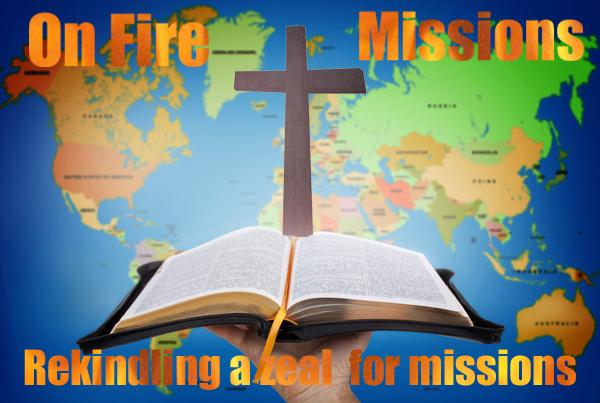

“For I reckon that the sufferings of this present time are not worthy to be compared with the glory which shall be revealed in us. For the earnest expectation of the creature waiteth for the manifestation of the sons of God. ” Romans 8:18-19
Dr. David Livingstone was born in 1813 in a life of poverty in a Lanark shire mill town in Glasgow. Despite the living conditions, his parents were rich in Christianity. They provided their son the backdrop of what was to become one of the first missionaries to spread the gospel into “the dark continent.” At around the age of twenty, a dawning of conviction fell upon David. Lie decided to give his life to the will and service of God. I Ie wrote in his journal, “the perfect freeness with which the pardon of all our guilt is offered in God’s Book draw forth feelings of affectionate love to Him who bought us with His blood, and a deep obligation to Him for His mercy has influenced my conduct ever since.” Originally, set to go spread the “good news” in China, a meeting by a missionary by the name of Robert Moffat, revealed to him a country in need of Jesus’ salvation. Rev Moffat told him the accounts of “the smoke of a thousand villages where numerous souls were awaiting redemption; into an area where no white man or Christian had crossed before.
“Then saith he unto his disciples, The harvest truly is plenteous, but the labourers and few; pray therefore the Lord of harvest, that he will send forth labourers into his harvest.” (Matthew 9:37-38)
Once Dr. Livingstone completed his schooling to become a physician and was ordained a minister, fueled by his passion as an evangelist and with the heart of an explorer, he journeyed into Africa to map out the unexplored continent and to spread the gospel message of God’s love towards mankind who have never heard of Him.
“…When trails fierce assail me as storms are gathered o’er, I rest upon his mercy and trust Him more…He drives away my sorrows and shields me from the blast; By faith I’m looking upward beyond life’s troubled sea. There I behold a haven prepared for me. I’ve anchored in Jesus the storms of life I brave, I’ve anchored in Jesus, I fear no wind or wave, I’ve anchored in Jesus, for he hath power to save, I’ve anchored in the Rock of Ages.”-I’ve anchored in Jesus by L.E. Jones.
“Trust in the LORD with all thine heart; and lean not to thy own understanding…” (Prov. 3:5)
No matter what the obstacle was, no matter what situation they were in, no matter what problem they encountered, Dr. Livingstone stayed true to his God and continued to do the will of his Father in heaven.
“…Wist ye not that I must be about my Father’s business?” (Luke 2:49)
Early on his mission in Africa, he and his party were attacked by a lion. The lion bit into Dr. Livingstone’s left arm and held down his head in its paw. He wrote in his journal,”…! had on a tartan jacket on this occasion, and I believe that it wiped off the entire virus from his teeth that pierced the flesh, for my two companions in this array have both suffered from peculiar pains, while I have escaped with only the inconvenience of a false joint in my limb.” Also, during his travels, he suffered from dysentery, malaria, hemorrhaging of the blood, contracted pneumonia, became delirious, had ‘choleric symptoms,’ fever, all his teeth decayed, ulcers on the bottom of his feet, violent diarrhea, and many more illnesses, diseases, and health problems did he and his caravan experience. There are numerous accounts of ambushes by Arab slave traders and ferocious tribes that tried to kill, pillage, and destroy the work they were set out to do. They went without food, water, and medicines for weeks at a time, but still, Dr. Livingstone continued to labor for the Lord. Even the Royal Society, which funded his travels, gave up on David and pulled his funding away from him. David wrote, “I will follow out the work despite the veto of the Board. If I am a missionary, heart, and soul. God had an only son, and He was a missionary and a physician. A poor, poor imitation of Him I am or wish to be. In this service, I hope to live; in it, I wish to die.
it is according to the Will of God, means will be provided from other quarters.” On this drought, take a good look at Matthew 6:25-34.
During half of David’s expeditions in Africa, his family was right beside him through the good and the bad. David married Rev. Moffat’s daughter named, Mary. Together, they had many children, some of whom did not make it through the harsh conditions of Africa. At one point in the work, Dr. Livingstone decided to move his wife and children to Europe, where it would be safer for them and allow him to work without distractions. He wrote, “Nothing but a strong conviction that the step will tend to the Glory of Christ would make me orphanise my children. Even now, my bowels yearn over them-they and will forget me…so powerfully convinced am I that it is the will our of our Lord I should, I will go, no matter who opposes? Dr. Livingstone believed that if God accepted his services, then his life was “charmed” until his work was done. Eventually, a lonely David sent for his wife and kids, all laborers for God. Sadly, David witnessed his children and wife die from the very illness and disease that God healed him from. A couple of weeks before her death, David wrote in his journal, “I will not swerve a hair’s breadth from my work while life is spared.”
Desire for fame and glory was a common denominator and motive for people in that day, all except for Livingstone. Moreover, at a period in history when almost everyone accepted Christianity, even if few put it into practice, here was a man who behaved like the best kind of Christian there could possibly be. In an age of materialism, here was a man who turned his back upon the Golden Calf to share his crust with die beggar and his cloak with the poor. On the morning of November 10, 1871, Henry Morton Stanley was about to meet the missionary who was reported to be dead. “Dr. Livingstone, I presume,” were the famous words said to David when Mr. Stanley met him for the first time. This was to be the last “friendship” that Dr. Livingstone was to enjoy before his death. When Mr. Stanley met Dr. Livingstone, he brought with him food, water, and medicine that were needed by David and the tribe he was staying with. During their four months together, they became very close friends and shared their adventures and testimonies together. For David, he received information from the “outside world,” but for Henry, he received spiritual teachings and a spiritual mentor from David.
About an hour before dawn on May 1, 1873, a boy arose from his sleep inside the doorway of Dr. Livingstone’s hut and went into the tent. The boy found their leader, their guide, and spiritual mentor kneeling by his bedside with his grey head buried in his hands. I le had come to the end of his earthly journey talking to his Friend, his Father, and his God. His two faithful servants, whom David influenced for Christ, traveled all the way to Britain with the remains of Dr. Livingstone to the land that gave him the vision of the continent that needed a man of God. It took the two men with a small band of helpers over a thousand miles walking distance and three months of sea travel to bring the body to Britain. Dr. Livingstone is buried at Westminster Abbey to this day.
From the hut where Dr. Livingstone was found dead on his knees praying to God, an influence radiated through Africa and the rest of the world that, in the end, achieved all the ends to which he had dedicated his life. It was the influence of Livingstone-the force of his character, the impact of his writings, and the tragedy of his death- that worked on the governments to pressure the Arab world to put an end to slave trading two months after his death that would heal “the Open Sore of the World.”
Isa 6:5 “Woe to me!” I cried. “I am ruined! For I am a man of unclean lips, and I live among a people of unclean lips, and my eyes have seen the King, the LORD Almighty.”
Isa 6:6 Then one of the seraphim flew to me with a live coal in his hand, which he had taken with tongs from the altar.
Isa 6:7 With it he touched my mouth and said, “See, this has touched your lips; your guilt is taken away and your sin atoned for.”
Isa 6:8 Then I heard the voice of the Lord saying, “Whom shall I send? And who will go for us?” And I said, “Here am I. Send me!”

